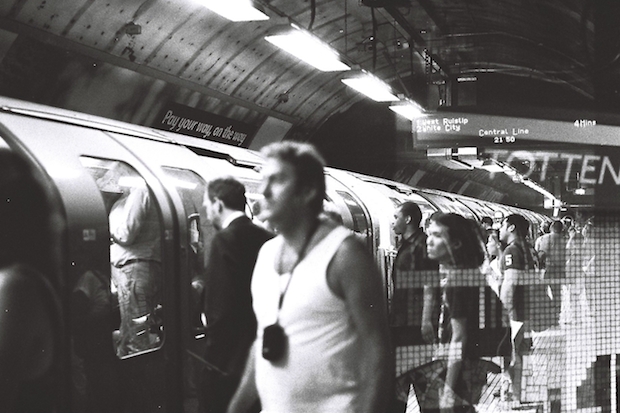Ravers of London rejoice — 24-hour tubes at the weekend are finally on their way. TfL has announced today that trains on the Victoria, Central, Jubilee, Northern and Piccadilly lines will run constantly from Friday morning till Sunday evening.
The all-night drinkers of the capital have long wondered why it wasn’t possible to keep the Underground running all night. Engineering work has been blamed, while the trade unions have remained bolshie with TfL (I can’t wait for Bob Crow to pop up complaining about this).
But by 2015, these lines should be all set for the 21st century. If you happen to live on one of these lines, you’re all set for a weekend of non-stop partying:

The economic and social impact of 24 hour Tubes will be huge. I’d surprised if there’s not a significant rise in applications for 24-hour alcohol licenses — which pubs wouldn’t want to take advantage of this opportunity to inebriate their patrons? Plus, there’s the extra fares collected by TfL, the staff employed and so on. And there will be additional pressure on policing and other public services: the price of more alcohol. TfL estimate the ‘Night Tube’ will cost £10 million and increase revenue by around £10 million.
I’ve spent countless frozen hours waiting for the 88 bus to ferry me home at 3am. It presents a difficult decision for the midnight rambler to take Sadly, the excuse of leaving a rubbish party ‘to get the last tube home’ looks set to wither and die. And the midnight rambler’s decision has been made easier — get home quickly on the tube, or resign yourself to an hour on a noisy, smelly bus home.
Might we also see a shift in the work/life balance? My opposite number at The Economist, Emma Hogan, thinks that employees will be enticed to stay later at the office and work longer. The New York Subway is often full of Wall Street types late at night heading home after a long, long day in the office…
As well as those who live near stations, cabbies will also suffer. The cost/benefit analysis of getting a cab in the middle of the night will have to be entirely reconsidered. For better or worse, London is on the way to becoming a city that never sleeps, leaving other British cities even further behind.






Comments